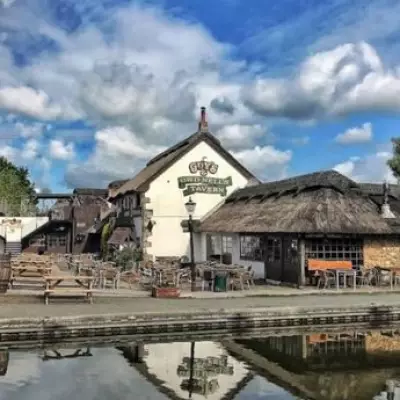
A quiet crisis is gripping the UK property market, centred on one of Britain's most beloved but increasingly elusive home types: the bungalow. New analysis reveals a dramatic collapse in the construction of single-storey homes, creating a domino effect that is locking older homeowners in family-sized houses and exacerbating the shortage of properties for first-time buyers.
The Vanishing Act
Research conducted by the Independent paints a stark picture. Over the last two decades, bungalows have plummeted from constituting 7% of all new homes built in England to a mere 1%. This isn't just a shift in architectural taste; it's a fundamental change in housing supply that has profound consequences for the entire property chain.
"We are witnessing the extinction of the new-build bungalow," the report concludes. This trend is particularly acute in high-value areas like the South East, where the financial incentive for developers to maximise land use with multi-storey dwellings is strongest.
Why the Shortage Hurts Everyone
The bungalow's decline is more than a loss of character; it's a critical failure in housing policy that creates a nationwide gridlock.
- Trapped Older Homeowners: Millions of older people live in houses that are too large for their needs, often with stairs that become a hazard. The lack of suitable, accessible bungalows to downsize into means they have nowhere to go, keeping larger family homes off the market.
- Squeezed First-Time Buyers: With those family homes occupied, the supply for young families and first-time buyers dries up, further inflating prices and intensifying competition for the limited stock available.
- Social Care Strain: The absence of suitable housing can force older individuals into residential care earlier than necessary, placing additional strain on family resources and local authority budgets.
A Call for Planning Reform
Experts argue that the solution lies in a radical rethink of planning rules. The current system, which prioritises density and unit numbers, actively discourages the construction of single-storey properties. Campaigners are urging the government to introduce specific targets or incentives for building accessible, age-friendly homes like bungalows.
"It's a simple equation," said one housing charity director. "By building the right kind of homes for older people, we free up the right kind of homes for younger families. Until we address this bungalow blind spot, the entire housing market will remain congested."
The humble bungalow, it seems, is not just a relic of a bygone era but a key that could help unlock Britain's deeply dysfunctional property market.




